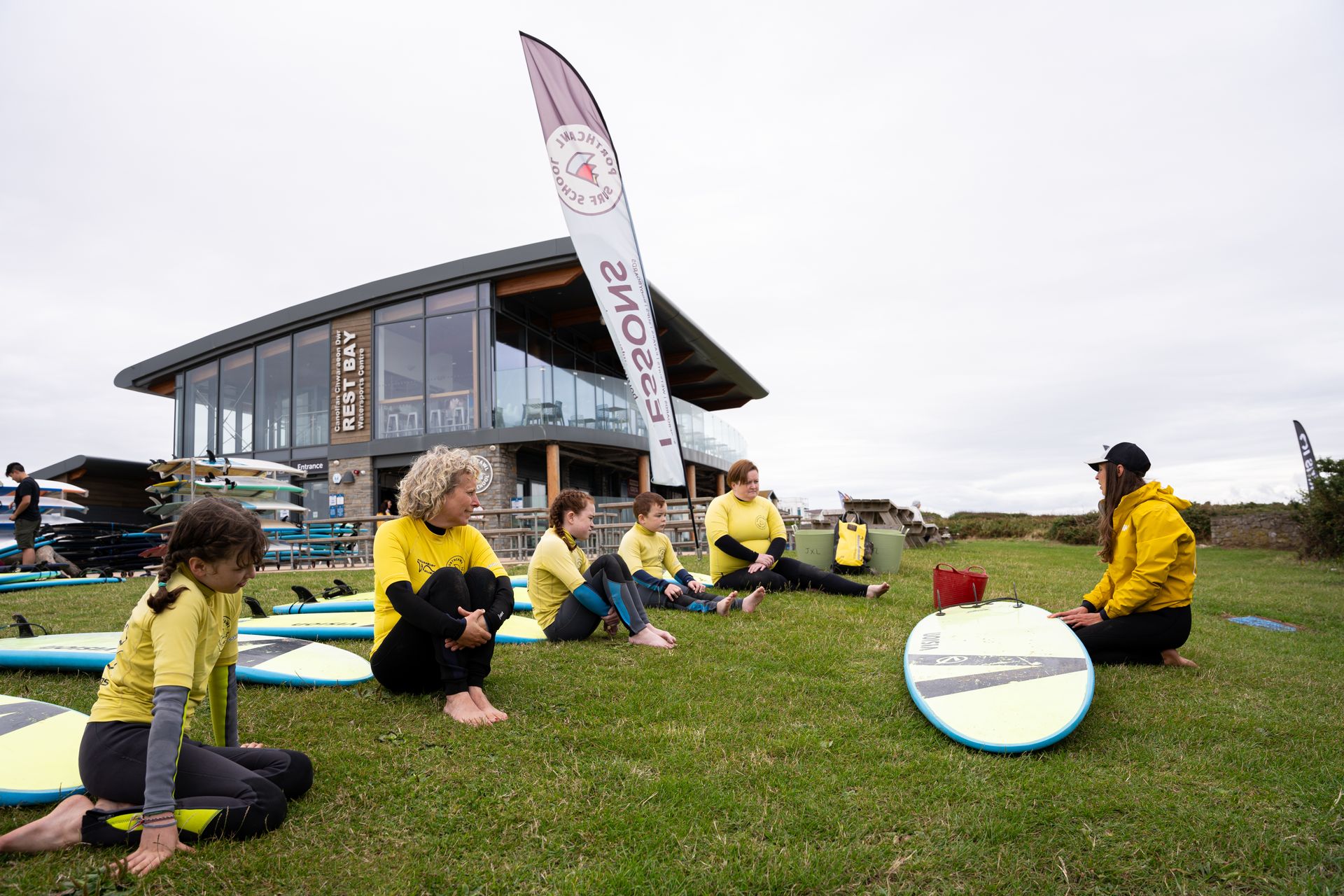Different skills are required for different jobs
To work in the sports industry you will need to have qualifications and relevant skills. The skills that you are required to learn, and practise will vary between one job and another. It depends on the type of job that interests you.
Skills can be classified as specific skills and generic skills. Examples of generic skills include social interaction and group interaction skills.

Specific skills
Specific skills are learnt through study, training sessions with structured and regular practice. The number of specific skills that you require can vary depending on the specific sport and the range of skills required for activities within your chosen sport.
Here are some examples of specific skills:
- Developing endurance
- Strength
- Agility
- Speed
- Hand-eye coordination
- Balance
- Reaction time
- Decision-making
- Tactical game awareness.
Sport specific training includes exercises and routines tailored to different sports. Specific skills are also taught to learners.
Here are some examples of sport specific skills:
- take a penalty shot in football
- tackle an opponent in rugby safely
- tie specific knots for an indoor or an outdoor climbing session
- make a quick decision to re-route a cross-country course
- have defence strategies to defend the goal in a netball game
- read an Ordnance Survey map when walking/cycling
Let’s look at some of these examples in more depth.


Perform a ‘snowplough stop’ on a ski slope
- Weight in the middle of the skis
- Looking ahead
- The resultant direction is forward
- Weight over the front of the ski boots

Football
In football, team members need to be taught sport specific skills such as passing the ball and shooting at the goal. In order to perform these skills successfully in a match scenario, it’s important to continuously work on these sport specific skills in training.

Rugby
In rugby, team members will need to learn specific foundation skills of the game such as passing the ball and tackling. The aim of learning specific skills is not only to improve skills but also to improve the strength and agility of the players.

Rock Climbing
An individual sport, such as rock climbing, requires a different set of specific skills compared to team sports such as football and rugby, as we’ve already discussed.
An example of a specific skill athletes will have to master for rock climbing is using anchors. An anchor is any device or method that attaches the climber, rope, or load to a climbing surface – typically a rock cliff face or a steep ice slope either permanently or temporarily.
Generic and social interaction skills
Not only do generic skills apply to the sport industry, they also apply to jobs within other industries as well.

‘Generic’ skills in sport can include things like:
- being able to catch a ball
- having good reflexes
- being able to run long distances
- being able to hold your breath under water
Social interaction skills can include things like:
- good team building
- working effectively in a team
- communicating well in Welsh
- providing a caring work community.
Practical examples of the role of generic and social interaction skills can also be seen in:
- active learning
- the solving of conflict issues
- showing empathy towards others
- being willing to accept good and bad feedback and
- resolving any issues quickly by adapting well